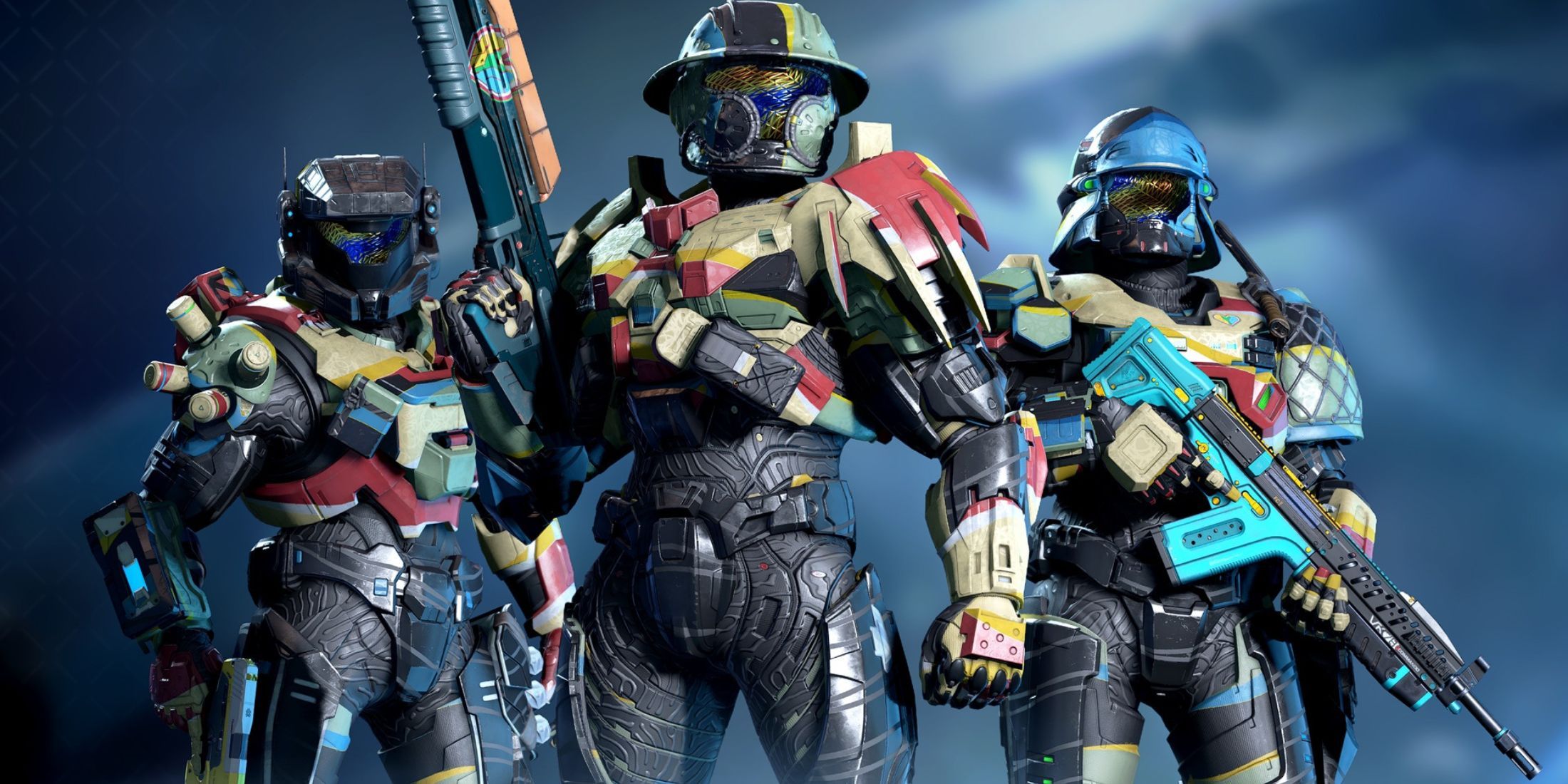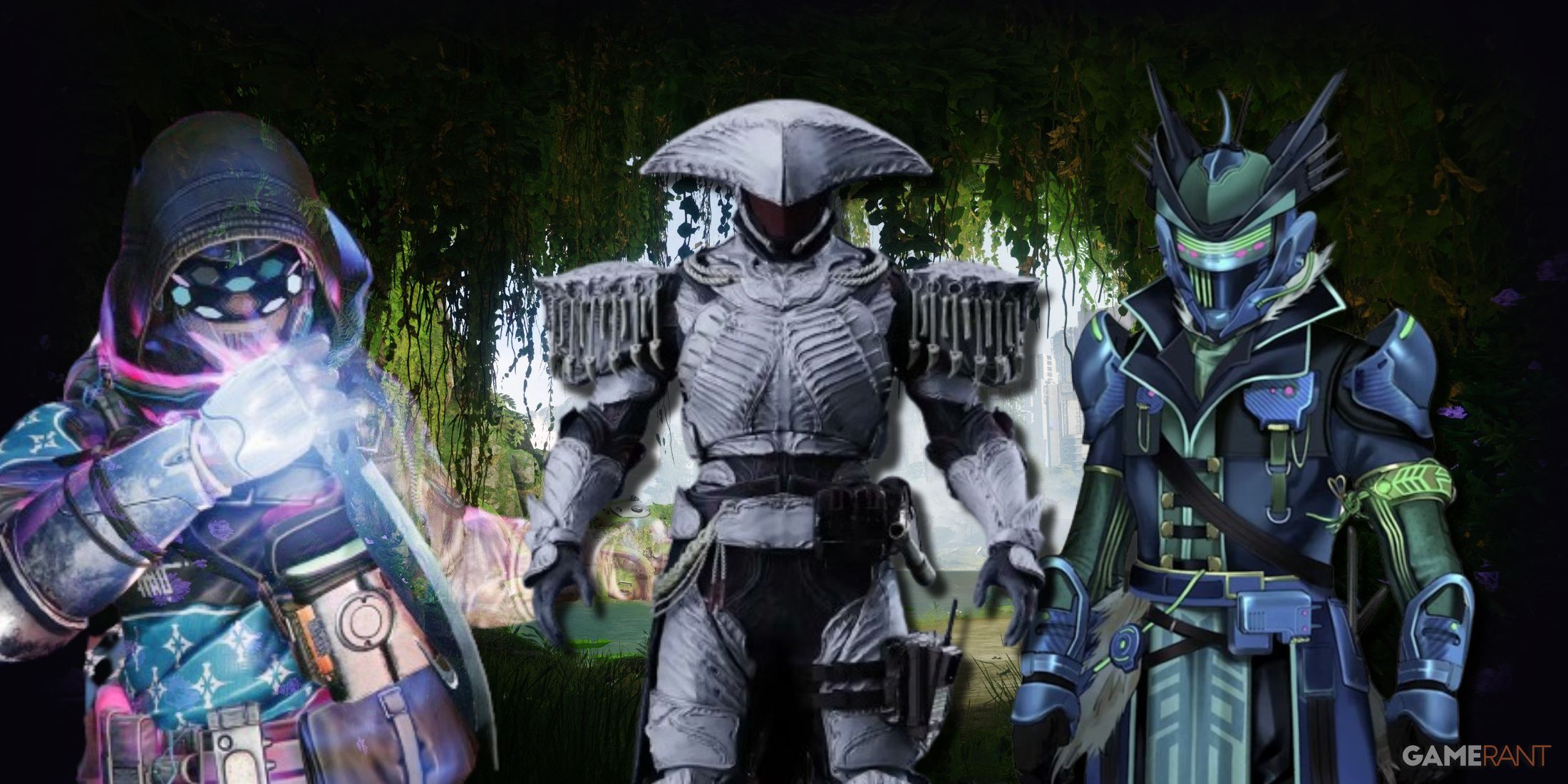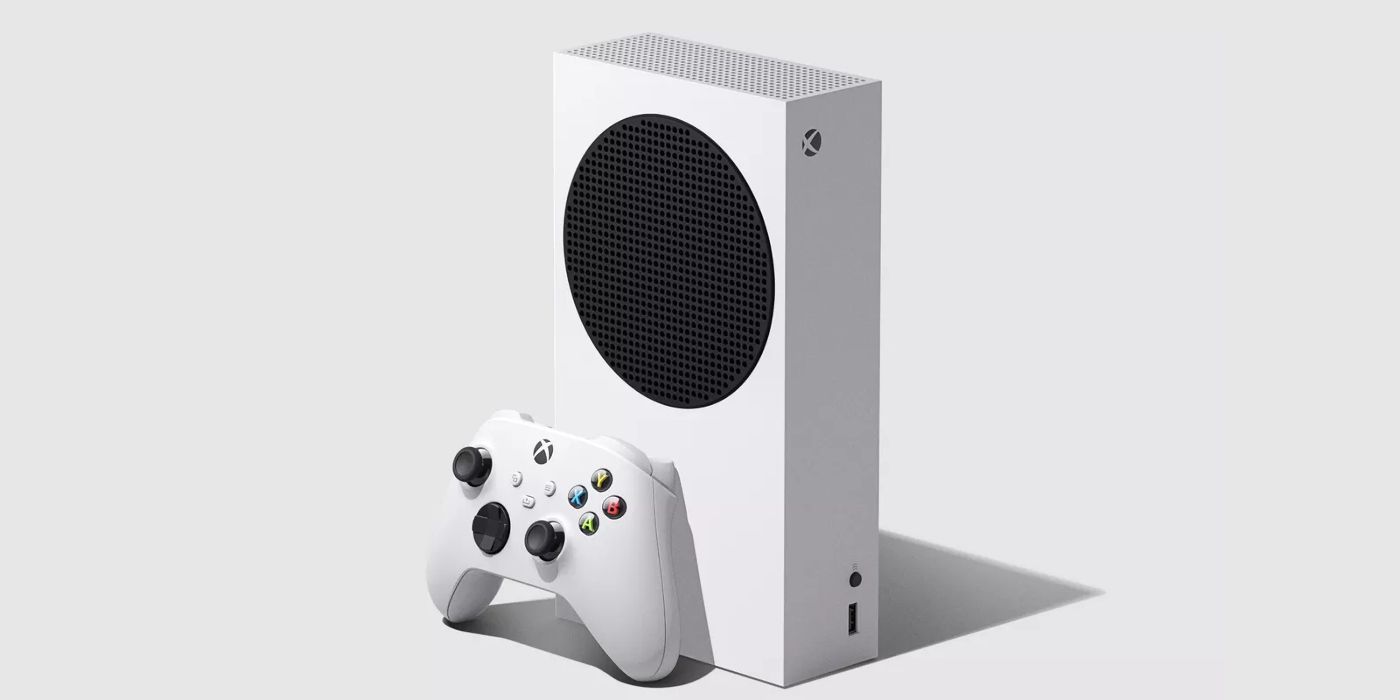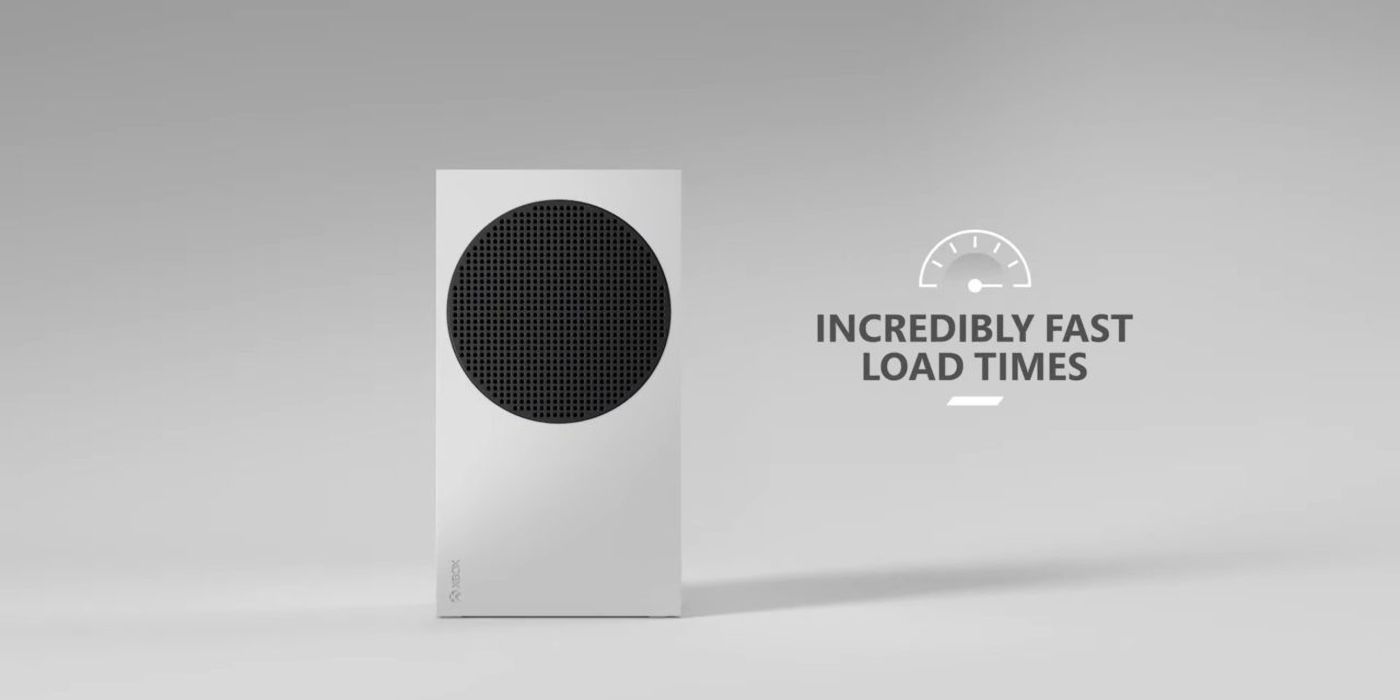On Friday, a lengthy Phil Spencer interview was published in which the head of Xbox discussed a wide variety of topics related to the next-gen Xbox consoles. For example, he talked about potential hardware revisions and mid-gen revisions for the Xbox Series X, as well as the potential return of classic franchises like Banjo-Kazooie. One other very interesting topic that Spencer addressed is speculation that the Xbox Series S console could potentially limit developers and the console generation overall.
Spencer isn't hiding from this topic, either. He says straight away that developers making games on Xbox will have to do additional work. Developing consoles games for both the Xbox Series X and the Xbox Series S requires two performance specs, and that inarguably takes more work. "I'm not going to stand here or try to PR somebody and say two different specs is the same as having one spec," is what Spencer states, erasing much of the ambiguity surrounding the situation.
While Spencer does acknowledge the extra work that Xbox is asking developers to take on in order to support Xbox Series X and Xbox Series S, he also makes clear that it's with purpose. "We're doing this because we want to expand the market," is how Spencer characterizes the decision. He goes on to say that buying two $500 consoles may be too much for some gamers, referencing the prices of both the PS5 and the Xbox Series X. A $300 Xbox Series S, however, is "something to catch a second-[console] owner."
In addition to addressing the extra work that goes into supporting both the Xbox Series X and the Xbox Series S, Spencer also addressed the power differential. Some developers have spoken publically their concerns that the Xbox Series S' hardware is perhaps too thin to deliver the kind of next-gen performance players expected. "I'm not worried," says Spencer. He says to expect "absolutely amazing-looking games" on Xbox hardware and that they'll scale to each console's hardware capability.
Spencer even says that the Xbox Series S will perform better than the Xbox Series X in some cases. He references how, due to the Xbox Series S targeting lower resolutions than 4K, loading times can be even better on the more affordable console.
Much remains to be shown regarding the Xbox Series S. Spencer is persuasive in his argument, a result of the sincerity and transparency with which he approaches interviews, but the Xbox Series S will ultimately prove itself. Starting November 10, gamers will be able to see for themselves what kind of performance the Xbox Series S offers for all of the 30 next-gen games launching on Xbox.
The Xbox Series X and Xbox Series S release on November 10.
Source: Kotaku





